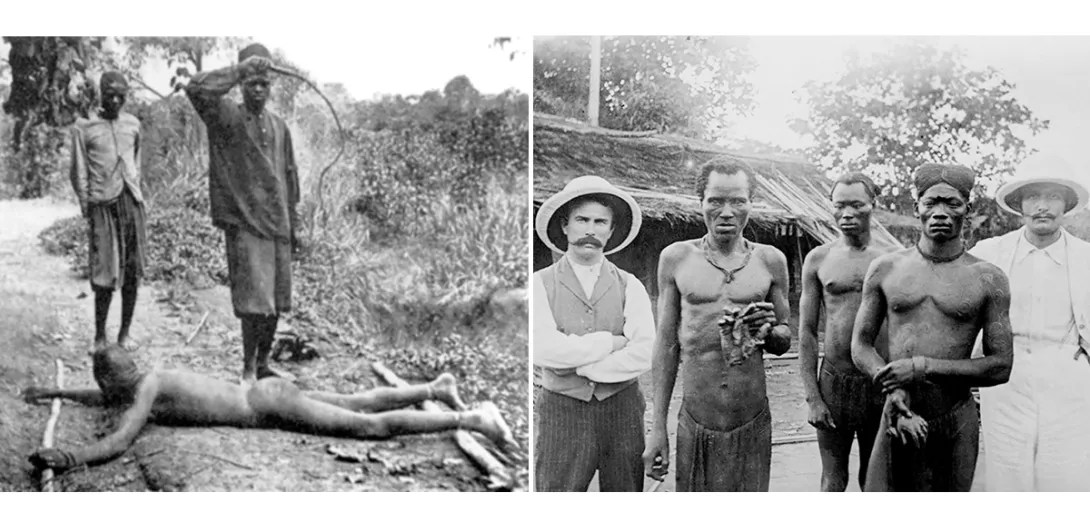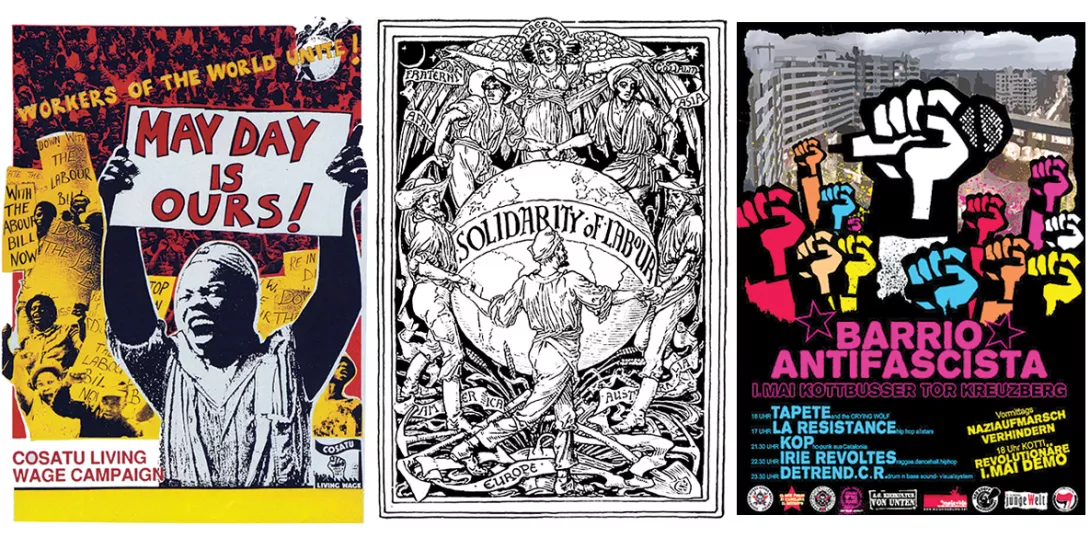ROGER McKENZIE argues that Africa's ultimate liberation depends on its ability to decolonise itself including the redrawing of its present national borders imposed by Europe
Error message
An error occurred while searching, try again later.When Henry III had to bow to public opinion
It's hard to think of any single piece of legislation enacted on this island since November 1217 that was more radical in spirit or in practice than the Forest Charter, writes MAT COWARD
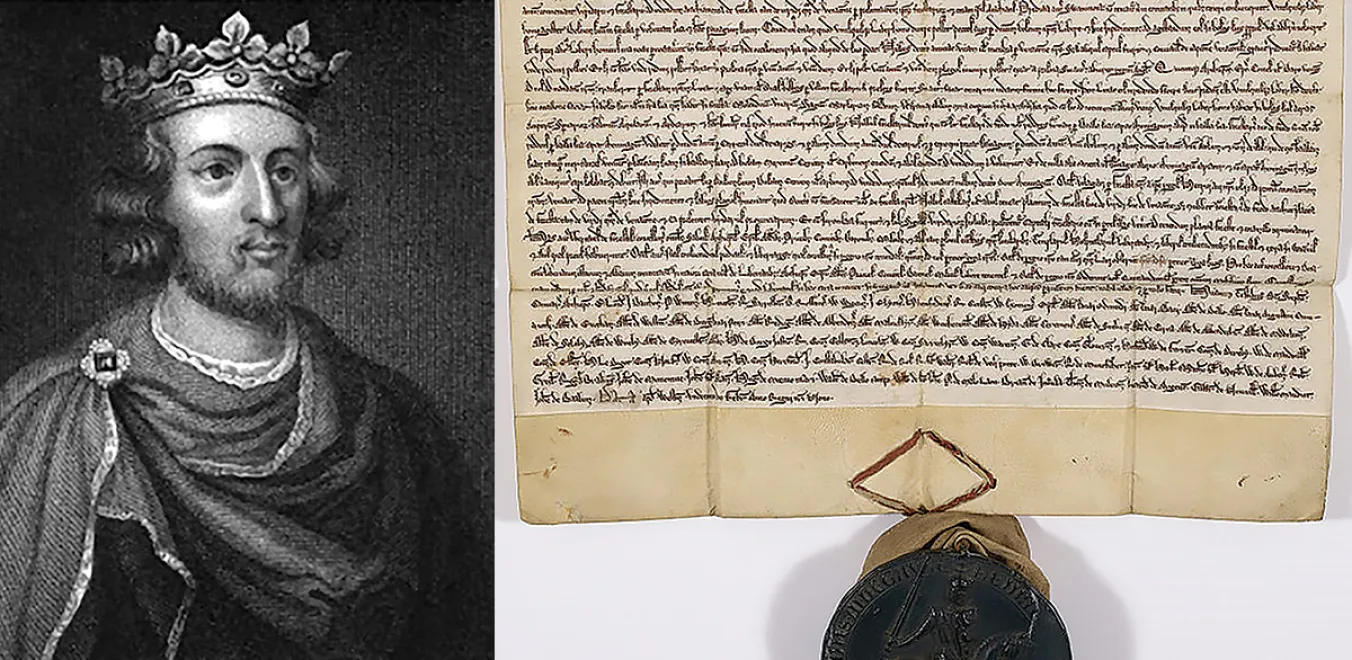
THE word “forest” was brought to England by the Normans, and it didn’t have much to do with trees.
A forest was an area of mixed land — fields, scrub, woods, marsh, heath — in which only the king, or those he licensed, were allowed to hunt. The establishment of forests was an attack on the ancient freedoms of the high and the livelihoods of the low which led to centuries of class conflict.
As the Anglo-Saxon Chronicle put it, William the Conqueror “set apart a vast deer preserve, and imposed laws concerning it. The rich complained, and the poor lamented, but he was too relentless to care, though all might hate him.”
More from this author
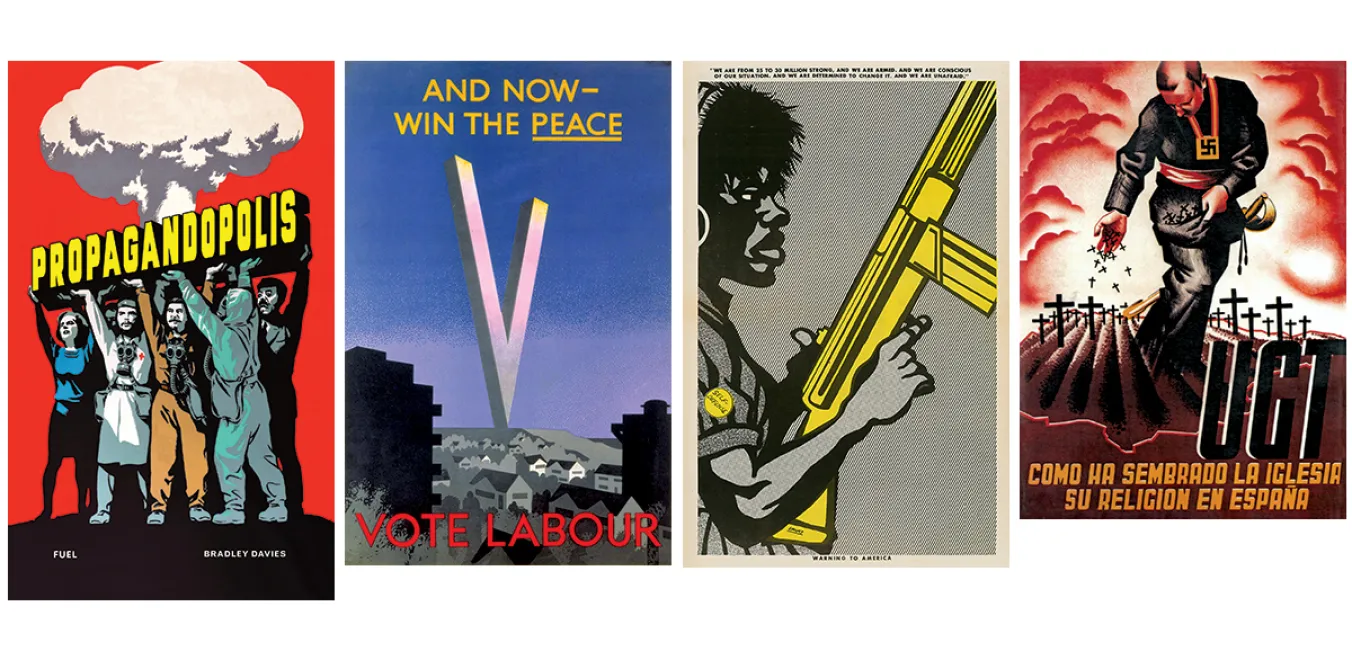
MICHAL BONCZA recommends a compact volume that charts the art of propagating ideas across the 20th century

MICHAL BONCZA reviews Cairokee gig at the London Barbican
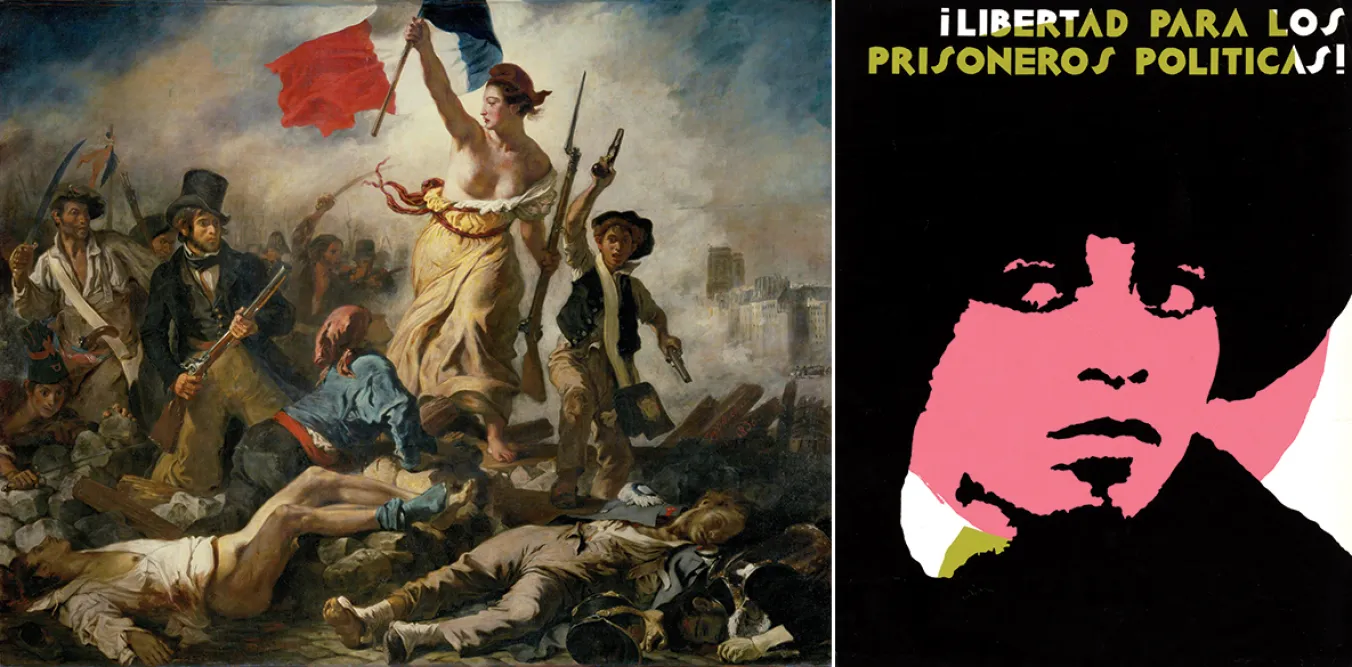
MICHAL BONCZA rounds up a series of images designed to inspire women


